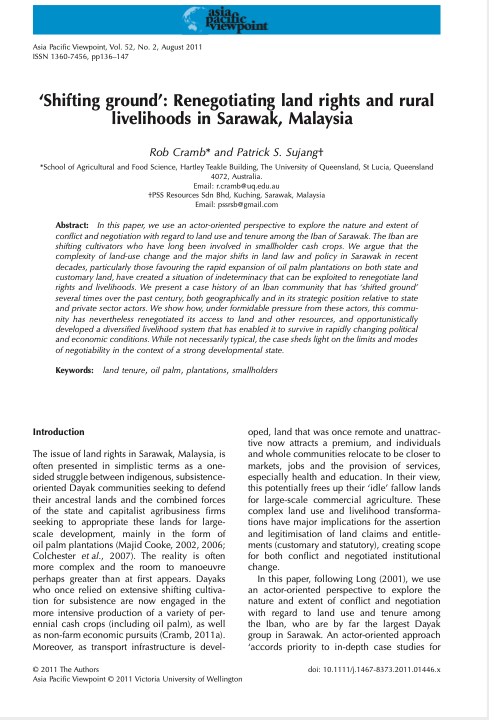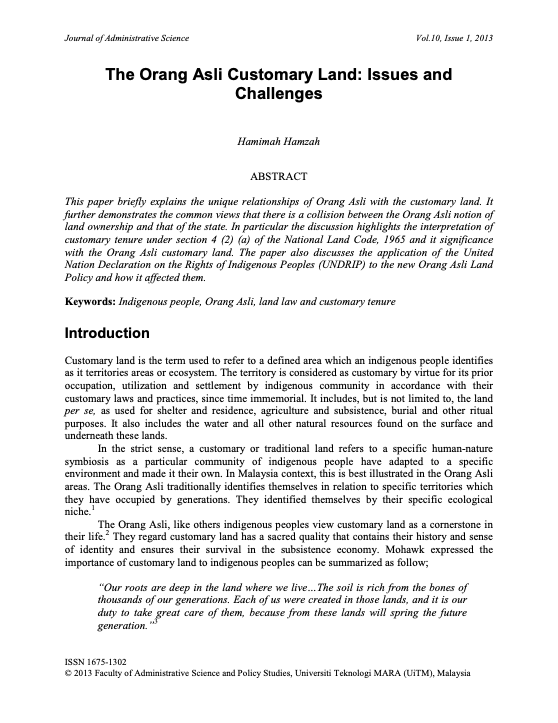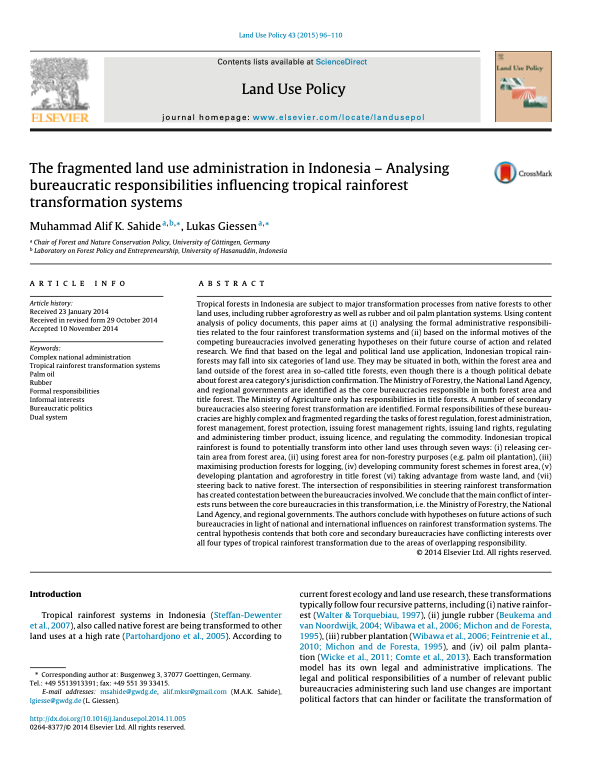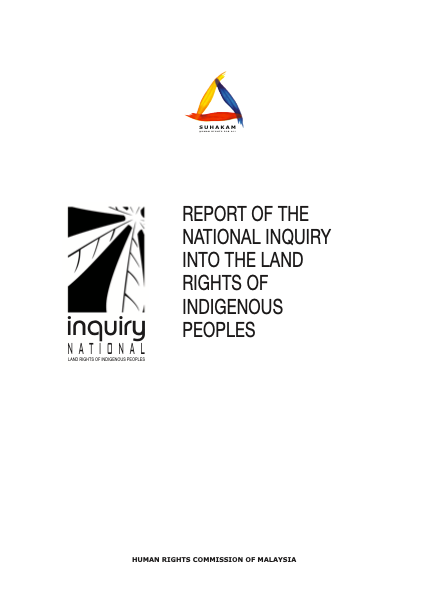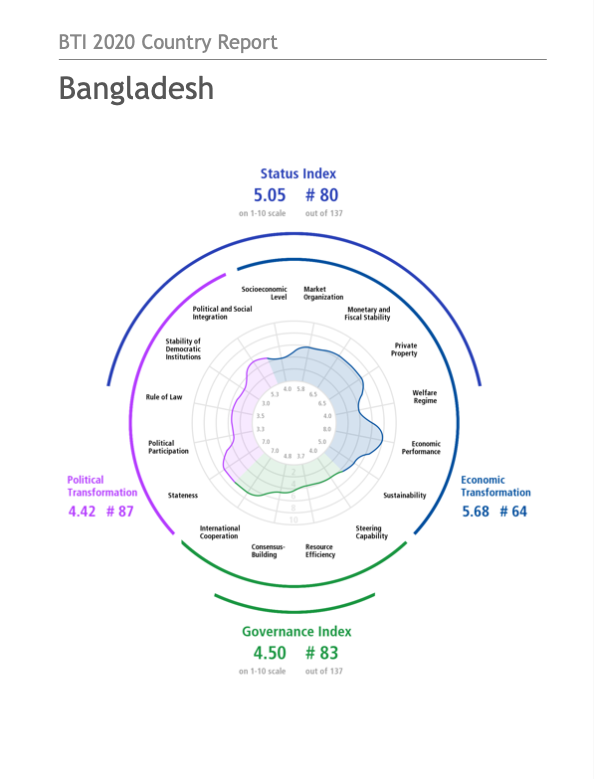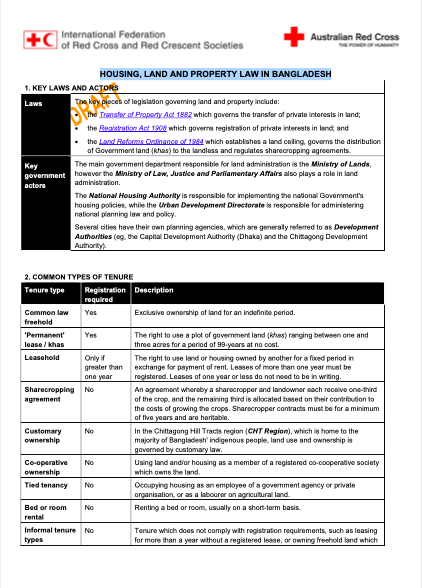"THE FOREST IS OUR HEARTBEAT"
Defenders of Indigenous land in Malaysia are targeted, singled out and face opposition from state authorities and private individuals when they speak up. These abuses have further disenfranchised Indigenous communities in Malaysia, marginalising them socially and harming them economically. The report examines the struggles human rights defenders of Indigenous peoples have endured as they have sought to claim their right to Indigenous lands, and the steps that should be taken by the government to ensure that they are given the protection they deserve.



